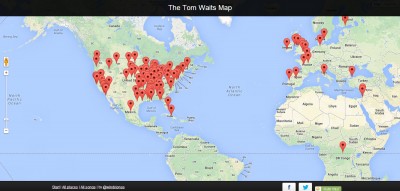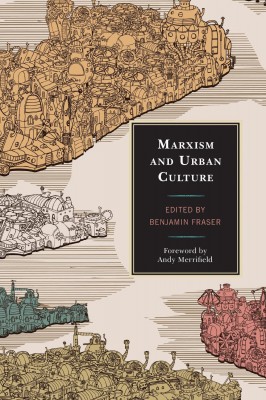
The edited volume Marxism and Urban Culture has now been published by Rowman & Littlefield. The book is edited by Benjamin Fraser [executive editor of Journal of Urban Cultural Studies], and includes a forward by Andy Merrifield.
Further details of the book here
My chapter in the volume is ‘The Archive City: Film as Critical Spatial Practice’.
Chapter abstract: In The Production of Space, Henri Lefebvre describes film as an ‘incriminated medium’ (Lefebvre 1991; Roberts 2012a) that allows for, at best, only partial understandings of and engagements with the dialectics of urban space. If anything, for Lefebvre, film, like other visual media, distorts and fragments space as it is otherwise lived in the everyday. Insofar as the moving image, in all its phantasmagoric forms, is complicit in the reduction of cities to spectacular and virtual spaces of representation – a process described as the ‘cinematization’ of urban space (Abbas 2003; Roberts 2012a) – Lefebvre’s contention can be clearly evinced. However, at the same time it represents something of a broad-brush and un-nuanced dismissal of the role of film in terms of its capacity to mobilise more critical understandings of the dynamic and multi-layered spatialities of ‘the material and symbolic city’ (Highmore 2005). In this chapter I explore the scope for archive film imagery to prompt re-evaluation and re-imaginings of urban landscapes as spaces of ‘radical nostalgia’ (Bonnett 2009) where past and present are brought into dialogue and tension. As well as demonstrating the ways that archive film can function as a form of spatial critique (Keiller 2005), the chapter also sketches the outlines of ‘cinematic cartography’ (Roberts 2012b) as a hitherto under-developed mode of critical urban practice. Drawing on four years of research conducted in the UK city of Liverpool (Roberts 2012a), and considering archival film practices recently developed by film archivists in Bologna, I argue that by mapping and engaging with the ‘archive city’, film can offer a means by which the representational spaces of the past can be harnessed and mobilised as part of a wider Marxian politics of urban spatial practice.

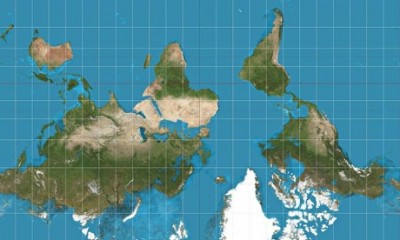
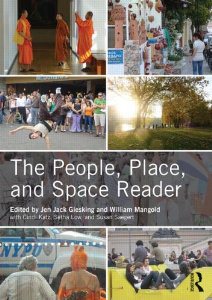
 This Liqufruta bottle is a found object which was my contribution to a workshop organised by Hazel Andrews and held at the Royal Anthropological Institute, London on Thursday 13th March 2014.
This Liqufruta bottle is a found object which was my contribution to a workshop organised by Hazel Andrews and held at the Royal Anthropological Institute, London on Thursday 13th March 2014.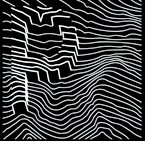 [Below is the publicity blurb for an event I took part in at UCLAN this week…]
[Below is the publicity blurb for an event I took part in at UCLAN this week…]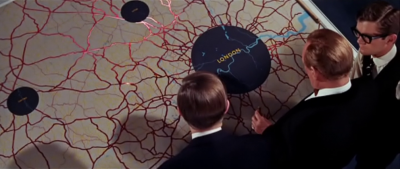
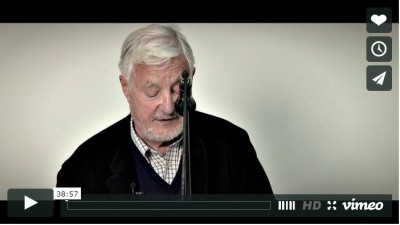
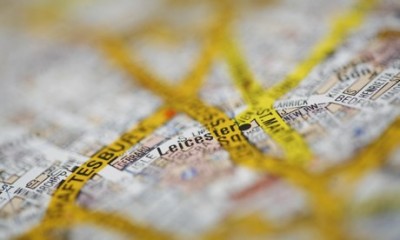 Guardian article (29/01/13) on anxieties surrounding Google Maps and state & corporate data tracking/surveillance.
Guardian article (29/01/13) on anxieties surrounding Google Maps and state & corporate data tracking/surveillance.
